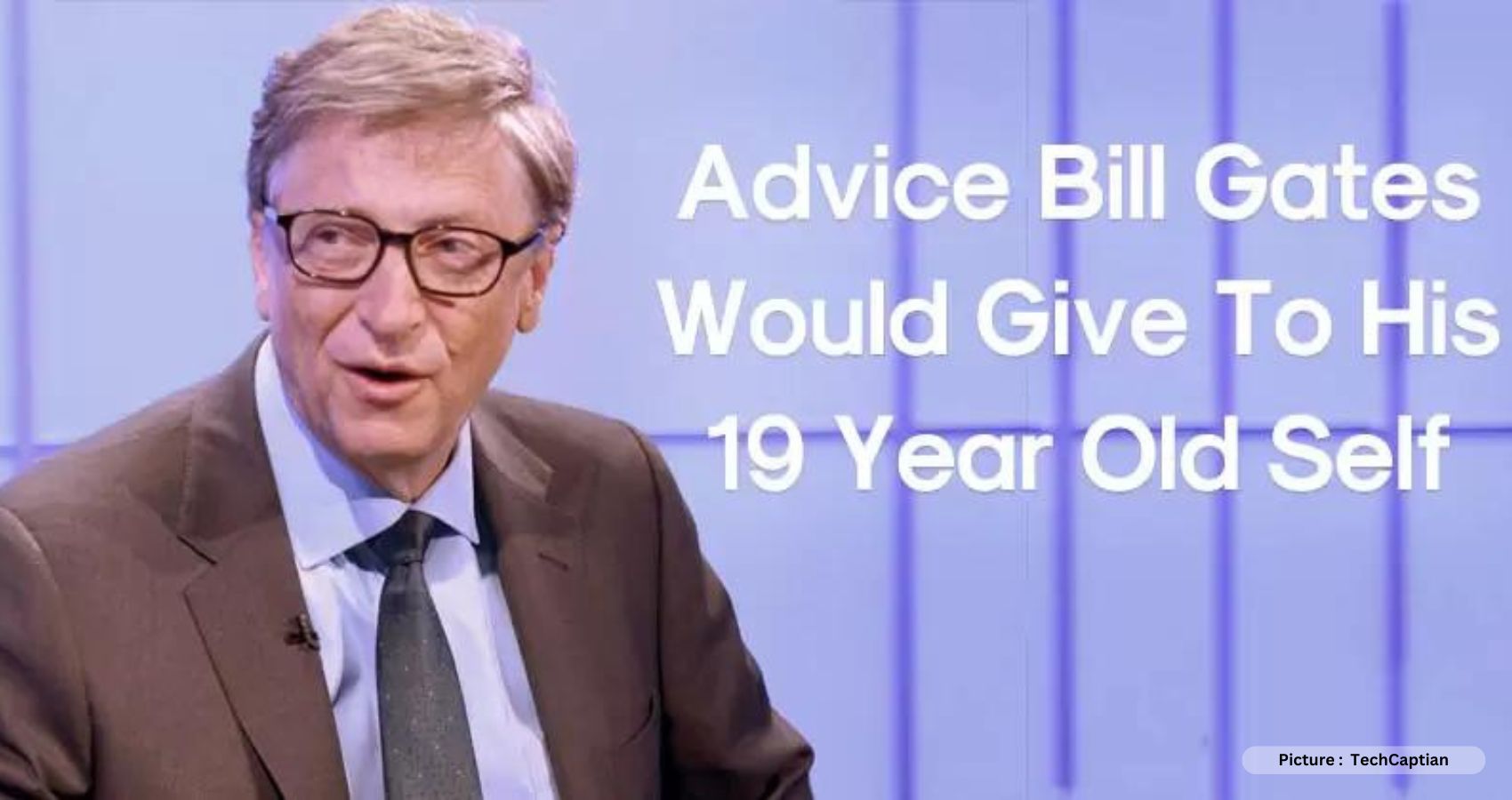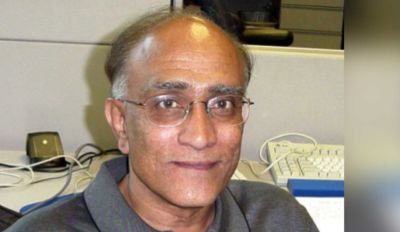What wise life advice would you offer your younger self if given the chance? Bill Gates addressed this question during his commencement speech at Northern Arizona University (NAU) in Flagstaff.
You might wonder why Gates, who typically declines most commencement invitations, chose to speak at a public college ranked 284th in the U.S. News & World Report college rankings. Gates believes NAU is “redefining the value of a college degree.” Rather than boasting about its exclusivity, the school focuses on inclusivity and transforming as many lives as possible through the power of higher education. NAU welcomes any Arizona high school graduate with a GPA of 3.0 or higher, and tuition is free for those with family incomes below the state’s median of $65,000. Students who don’t qualify for admission are directed to community colleges and encouraged to transfer later.
Gates himself never earned a college degree, aside from honorary ones received for speeches like this one. After three semesters at Harvard, he dropped out to co-found Microsoft. “So, what does a college dropout know about graduation? Not much personally, to be honest,” he told the NAU graduates.
Nevertheless, he envisioned the college graduation ceremony he never had and the valuable insights he could have gained from a commencement speaker. Since he never experienced that, Gates shared his advice with NAU’s new graduates from the perspective of a 67-year-old philanthropist, former CEO, and former world’s richest person.
- “Your life isn’t a one-act play.”
When Gates left college to start Microsoft, he thought he would work there for the rest of his life. “I’m so glad I was wrong,” he said.
He’s not alone. Staying in one job or even one profession throughout an entire career is no longer common. In a 2021 survey, 52 percent of Americans considered changing jobs, and 44 percent had actual plans to do so. Experts agree that it’s nearly impossible to predict what you might want in 20 or even 10 years.
Gates told the graduates, “You’re probably facing a lot of pressure right now to make the right decisions about your career.” He reassured them, “It might feel like those decisions are permanent. They’re not. What you do tomorrow–or for the next 10 years–does not have to be what you do forever.”
- “You can never be too smart to feel confused.”
Gates left Harvard believing he knew everything necessary, but he was mistaken. He now asserts that the journey to knowledge involves “leaning into what you don’t know, instead of focusing on what you do know.” Eventually, everyone encounters a work problem they can’t solve independently. Gates advises staying calm and seeking guidance from someone knowledgeable. “People want to help you. The key is to not be afraid to ask,” he said. “You may be done with school. But the rest of your life can–and should–still be an education.”
- “Seek work that addresses a problem.”
Gates emphasized that more jobs and professions enable you to “make a living by making a difference.” Pursuing such roles is highly rewarding. “When you spend your days doing something that solves a big problem, it energizes you to do your best work. It forces you to be more creative, and it gives your life a stronger sense of purpose,” he explained. A strong sense of purpose can prevent future regrets about wasted time on unimportant work. Moreover, Sanjiv Chopra, a Harvard Medical School professor and author, claims that having a purpose in life will make you happier than winning the lottery.
- “Never underestimate the power of friendship.”
Gates reminded listeners that he co-founded Microsoft with his friend Paul Allen and that the graduates’ friends and contacts could significantly impact their success. “They are your network,” he stated. “Your future co-founders and colleagues. Your best sources of support, information, and advice. The only thing more valuable than what you walk offstage with today is whom you walk onstage with.”
- “Cutting yourself some slack doesn’t make you a slacker.”
Gates wishes he had learned this lesson earlier. “When I was your age, I didn’t believe in vacations,” he told the students. “I didn’t believe in weekends. I didn’t believe the people I worked with should either.” He used to monitor employees’ hours from his office, but becoming a father changed his perspective. “Don’t wait as long as I did to learn this lesson,” he advised. “Take time to nurture your relationships. To celebrate your successes. And to recover from your losses. Take a break when you need to. Take it easy on the people around you when they need it, too.” He encouraged new graduates to have fun before embarking on the next stage of their lives.
The author’s new book, Career Self-Care, discusses how professionals can balance their dedication to work with self-care and personal relationships. As Gates mentioned, learning this lesson earlier can lead to greater happiness and success. Prioritizing self-care and a life outside work often results in higher career achievements.










